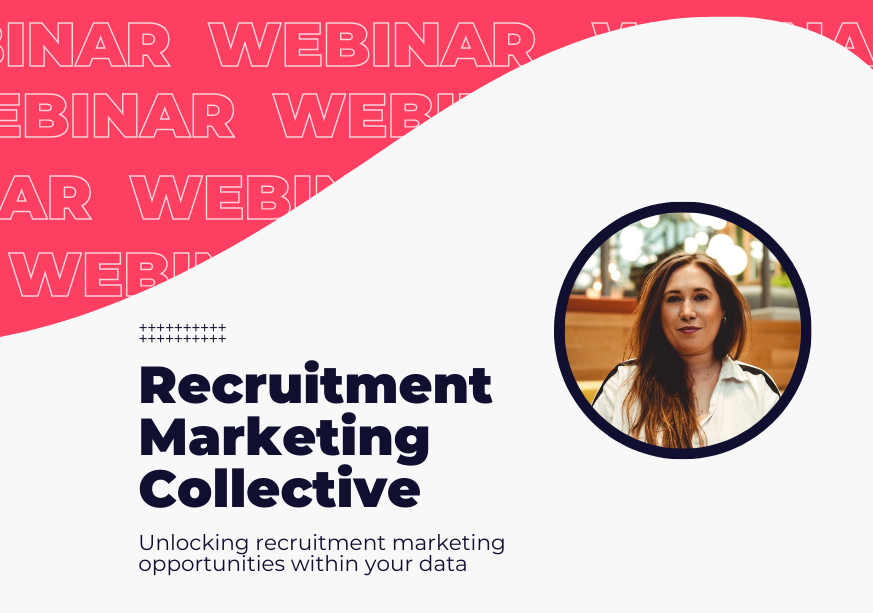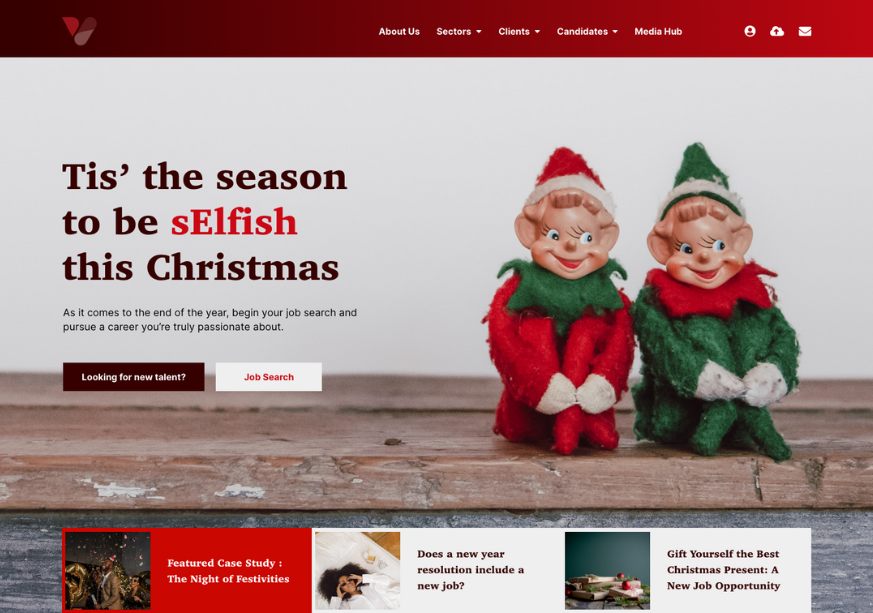Adapting to Indeed’s Job Scraping Update: A Guide for Agencies
Learn MoreHow to Write an About Us Page
05 May, 20163 minutes
If you have an About Us page, it will be one of your website’s most visited pages. This is one of life’s few certainties. Regardless of how much time or thought you’ve put into it, it will also be one of the most important factors for your visitors and can just as easily be a negative influence as a positive one.
I’ve worked on enough projects to recognise it can be difficult knowing where to start with an About page. A lot goes in to clearing up exactly who you are, from deciding what to include to how to lay it out and how to say it. Fortunately, there is a simple formula.
Here’s how to write an 'About Us' page:
- Know who you are
- Know who your audience are
- Determine what’s important to you and your audience
- Collect all the appropriate information
- Present it in the most effective way
Simple, right? All you need to do is decide everything that you stand for and learn all of your potential market’s hopes and fears, then pool together your entire history and blot it onto a page for all to see.
You weren’t expecting a step-by-step guide were you? About pages are as varied as they are because there is no universal correct way or model to copy, there’s only the right way for you and your audience.
I can’t bring myself to end the post there, so let’s look at the above steps in more detail.
Know your brand and your audience
The fact that About pages get so much traffic shows that people care about them. A site can have the best deals, promise astounding results or offer too-good-to-be-true services, but most of us need more than that to buy in to a new, unfamiliar brand. We need belief.
We need to trust.
Short of a recommendation from a friend or more detailed market research, an About page is the best measurement we have. It’s one of the main factors in whether we believe in a business, whether it reassures us through accomplishment and fact or gets our gut feeling on its side.
But trust, for very good reasons, is far from an easy thing to earn. A genuine, effective About page doesn’t just happen. Creating one, as well as a consistent message and tone of voice, requires a deep understanding of your brand and why you do what you do. Establishing this takes time and introspection.
Similarly, knowing who your audience are is a good start. Research and conversations can help you to build out target demographics and personas, which in turn can be used to identify common themes and inform the content of your About page. Without knowing more about your visitors, your page will be a one-sided shot in the dark.
Your About page is where your brand’s purpose and personality meets with your audience’s dreams and concerns. Without a solid understanding of both components, you’re unlikely to make a worthwhile, lasting connection.
Your information and what’s important
If you’re still wondering why it’s important to pin down your brand, your target audience and your relationship, let me spell it out for you.
Your About page isn’t just about you.
It’s also about the person looking at it.
Everyone is different, but the majority of people land on an About page because they want an introduction and they want to establish trust. They’re typically new to a company or slowly falling for its charms, somewhere in the early stages of buying.
They want to be enthused, to be met with a company they can believe in, but the detail that will win them over will vary dramatically depending on who they are and what you do.
A write up of your history and growth can display your experience and success, but if it isn’t personable it will leave people cold. Insights into your values and motivations can resonate and inspire, but without factual back-up they will leave people crying out for proof. Every individual in your audience will likely have a unique set of questions in mind, all you can do is reason which are most relevant.
Here are just some of the questions an About page could answer:
- Who are you?
- What do you do?
- Why do you do what you do?
- Who are the people behind the company?
- Where are you based?
- What makes you different?
- What sort of people are you?
- How long have you been around?
- What have you done or achieved?
- What do you believe in?
- Why should I believe you?
You don’t need to answer all of these—a page attempting to do this would be awful—but you should consider every angle. If answering one question well could seal somebody’s trust, it’s worth putting the time in.
Only include what you think is relevant, but remember: There’s the information you think is important and the information your audience thinks is important.
Presenting your About page in the most effective way
Once you’ve gathered your material, there are many effective ways to approach an About page.
If you want to capture people’s hearts, you may want to focus on being human and showing personality. Few of us buy in to formal, corporate messages, so an About page is the place to show your values in your language and approach. It can pay to focus on emotions and beliefs rather than push your expertise.
You can take this even further by telling your story and explaining why you do what you do. Who you are and what you’re about is much more than a business model or company history. If you support or confirm somebody’s belief, they’re more likely to pay attention to you. If you share values with a visitor, you’re more likely to win them over.
If you want to convince people’s brains, keep it straight-talking and get down to who are you and what you do. Stick to facts rather than fluff by giving space to customers testimonials and social proof. If you have positive statistics, use them, and don’t be shy of laying your company timeline out if it demonstrates prestige and understanding.
You could also satisfy people’s short attention spans and be visual. Include eye-catching graphics, images and videos, but only if they add something. Showing your people via meet the team profiles can also give visitors somebody to buy into.
The above isn’t a checklist or a collection of must-haves, but a series of ideas. Your page should reflect your company and talk to your audience. What this looks like should depend on the details covered in the previous sections.
Unless it gets noticed and shared on posts similar to this one, a well-executed About page won’t bring you more traffic. Nor will it drive business by itself, no matter how good it is. An About page will, however, help you to make more from traffic and turn doubters into believers.
While you’re here, it would be a waste not to plug our About Us page. It’s not a template to follow and, in truth, could do with an update, but it’s an example of several of these components coming together.
If you’ve got the About page bug, here are some other companies who do the About page justice: Medium, Moz, Reddit and Twitter.



